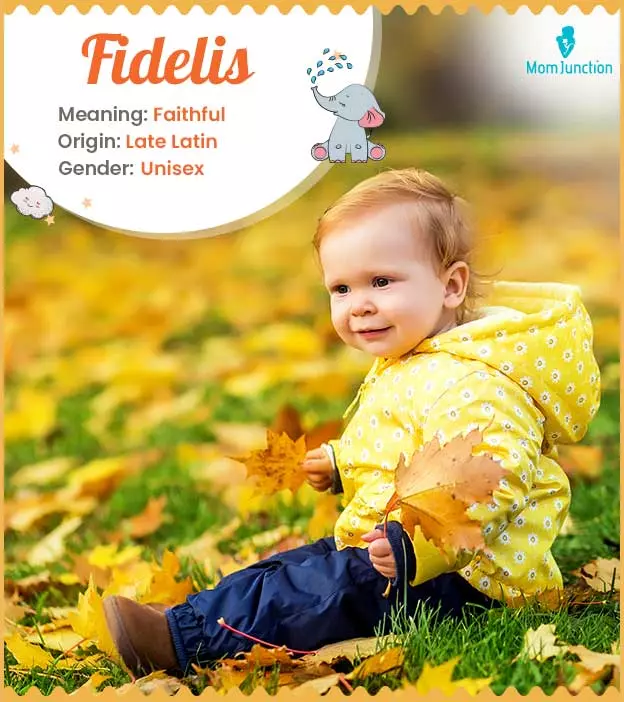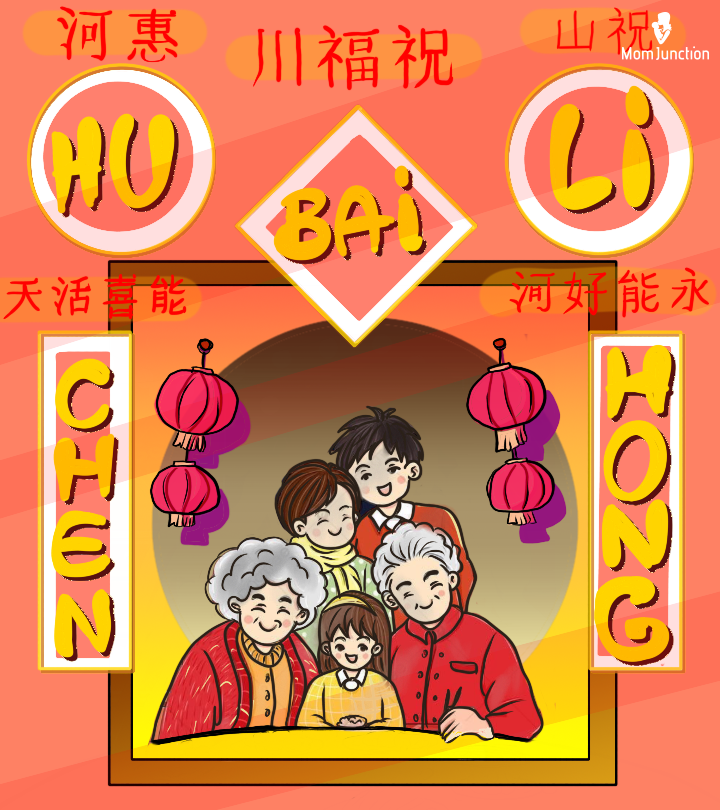
Chinese surnames or last names are pinyin translations of China’s most famous and common family names. These surnames have a rich history that dates back thousands of years and often reflect China’s social and political landscape. In this post, we bring you the commonly used Chinese surnames and tell you their meanings. While some of these names have a toponymic origin, others have their roots in clan, occupational, or dynasty names. Read on.
Key Pointers
- Chinese surnames are pinyin translations, with origins ranging from toponyms to clan, occupational, or dynasty names.
- In Chinese culture, surnames are written before first names to honor ancestors, as everyone shares them in a generation.
- Qin, Yao, Li, Cheng, and Han are some of the most popular Chinese surnames.
List Of Common Chinese Surnames Or Family Names
This list includes the most common Chinese surnames, their meanings, and a glimpse into their historical significance.
1. Bai
A surname of Mongol origin, Bai, means “white.”
2. Cai
A popular Chinese surname, Cai has its name derived from “Cai,” an ancient Chinese state. The surname Cai also means “firewood.”
3. Cao
A common surname in China, Cao, means “to grasp something.”
4. Chen
It is a common surname in Xiamen (a port city situated on the Southeastern coast of China). Chen probably means to “exhibit,” or something “ancient or old.”
5. Cheng
The surname Cheng is indicative of something “complete.” Cheng also refers to “order or regulation.” Some of the other meanings of Cheng include “journey,” “honesty,” and “procedure.”
 Trivia
Trivia6. Cui
A common surname in China, Cui, means “towering.”
7. Dai
The surname has its origin from a word which means, “to support.”
8. Deng
An East Asian surname with a Chinese origin, Deng, has a toponymic origin since it is derived from “the Deng Kingdom.”
9. Ding
The surname Ding refers to a “strong and powerful man.”
10. Dong
A popular Chinese surname, Dong refers to a “Mentor or one who supervises.”
11. Du
The surname Du has its name derived from a word which means to “avert or prevent.”
12. Duan
An East Asian surname with Chinese origin, Duan, means “a part or section of something.”
13. Fan
A popular surname in China, Fan means “an example” or “a bee.”
14. Fang
The surname Fang has its name derived from a word that refers to “something that is four-sided or a square.”
 Quick fact
Quick fact15. Feng
One of the popular Chinese surnames, Feng has its origin from the city of Feng, situated in Wei state that existed during the Zhou Dynasty around the tenth century BC.
16. Fu
A Chinese surname (ancient Han) of imperial origin, the surname Fu was bestowed by “Dayou (one of the descendants of the Emperor Yellow)” to his son “Fu Yi” and his subsequent generations. The surname Fu refers to a “teacher or a guide.”
17. Gao
An East-Asian surname that has a Chinese origin, Gao, means something or someone “high or tall.”
18. Gong
The surname Gong has its origin from a word which means “to give.”
19. Gu
The Chinese surname Gu has its name derived from a word which means “to care for.”
 Trivia
Trivia20. Guo
A common Chinese surname, Guo, refers to the “wall surrounding a city.” The surname Guo has a toponymic origin and derives its name from “Guo,” a state that existed during the ancient Xia dynasty.
21. Han
The surname Han has a toponymic origin and refers to an ancient state of Han, presently situated in the Henan and Shanxi provinces of China.
22. He
A common Chinese surname, He, has its origin from the “Ji clan of the Zhou Dynasty” and the “Jiang clan of Yandi.” In modern China, “He” forms the second character of the title “Xihe,” which means “an astrologer.”
23. Hong
The surname Hong refers to a “rainbow.” Hong also means to “expand,” or “something grand.”
24. Hou
A common Chinese surname, Hou, refers to a “Marquis.”
25. Hu
The surname Hu, either refers to “whiskers,” or “wild.” Hu also has an ornamental origin, whereby residents of the “Youhu” state during the Xia dynasty adopted the second character as their surname.”
26. Huang
A popular surname in China, Huang, means “Yellow.”
27. Jia
A surname with a toponymic origin, Jia, has its name derived from “Jia,” an ancient Chinese state, which is presently situated in the Shanxi province of China.
28. Jiang
The surname Jiang has its origin from a word which means “wild rice.”
29. Jiang (alternative)
The surname Jiang means “ginger.”
30. Jin
The surname Jin has its origin from a word which means, “Gold.”
31. Kang
The surname Kang refers to a “healthy person.” Kang also means “well-being.”
32. Ke
The surname Ke refers to the “handle of an Axe.”
33. Kong
The surname Kong has its origin from the family name of “Confucius,” a popular Chinese politician and philosopher.
34. Lai
The Chinese surname Lai means “to trust or rely on someone or something.”
35. Lei
While the exact origin is not known, the surname Lei, probably means “thunder.”
36. Li or Lee
One of the most common surnames in China, the surname Li, means “reason or logic.” The surname Li also refers to “the plum tree.”
37. Li
A common surname in China, Li, has its origin from a word meaning “multitude.”
38. Li (alternative)
The Chinese surname Li has its name derived from a word which means “to establish.”
39. Liang
An East Asian surname with Chinese origin, Liang, probably has a toponymic origin referring to the Liang state that existed between 771 to 476 BC. The surname Liang means “a bridge or a beam.”
 Trivia
Trivia40. Lin
The surname Lin probably has its origin from the late Shang Dynasty. The surname Lin means “a forest,” or “tall trees.”
41. Liu
A surname common among the Han dynasty rulers, Liu means “to destroy,” or “to kill.”
42. Long
The surname Long probably has its origin from “Long,” the personal name of a treasurer who lived during King Shun’s reign. The surname Long means “a dragon.”
43. Lu
One of the common Chinese surnames, Lu, refers to a “cottage or a hut.”
44. Lu (alternative)
A common Chinese surname, Lu, has its name derived from a word which means “a musical note.”
45. Luo
The surname Luo has its origin from a word that refers to “bird-trapping net.” Luo probably has an occupational origin, referring to individuals involved in knitting the bird-trapping nets.
46. Ma
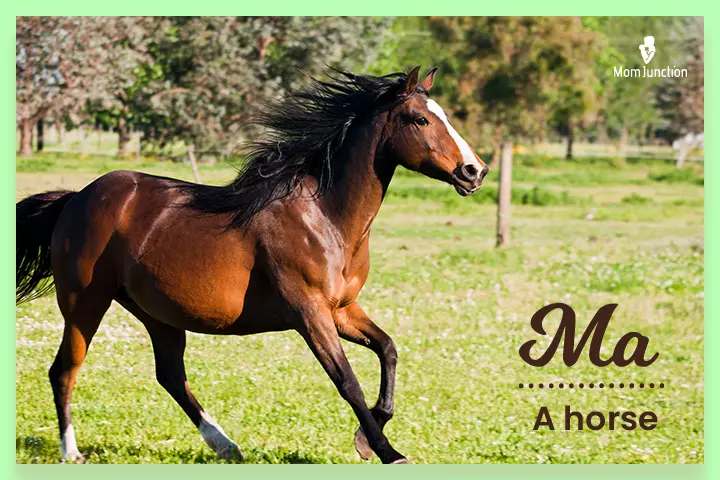
Image: IStock
A common family name across China, the surname Ma, means “a horse.”
47. Mao
A surname with a toponymic origin, Mao, has its origin from “Mao,” an ancient Chinese area that existed during the Zhou dynasty, and presently situated in the Henan province. The surname Mao refers to “fur” or “feathers.”
48. Meng
The surname Meng denotes a clan name or represents a rank or seniority of a member within a certain family. The surname Meng means “first” or “one who is eminent.”
49. Mo
The surname Mo means “do not.”
50. Pan
The surname Pan has a toponymic origin, deriving its name from a river that flows into the River Han.
51. Peng
A popular Chinese surname, Peng refers to individuals who were the descendants of Peng Zu, a legendary figure that existed during the Shang dynasty.
52. Qin
The surname has its origin from “Qin,” the first dynasty that came into existence in Imperial China.
53. Qiu
The Chinese surname Qiu means “hills.”
54. Ren
The surname means “to appoint.” It also refers to “Ren,” a city bestowed to Yu Yang, who is said to be the 25th son of King Huang Di.
55. Ruan
The surname comes from “Ruan,” which is the name of a traditional Chinese musical instrument.
56. Shao
A popular Chinese surname, Shao, has its origin from the Zhou Dynasty. Shao also refers to “pottery.”
57. Shen
A popular Chinese surname, Shen, means “to sink.”
58. Shi
The surname Shi refers to a “stone.” It is also derived from a Chinese word, which means “to recognize.”
59. Shi (alternative)
A common surname in China, Shi, means, “to reproduce,” or “to establish.”
60. Song
A surname common in China, Song, has its name derived from “Song,” which was a dynasty that ruled over China in ancient times.
61. Su
The surname Su has its origin from “Su,” an ancient Chinese kingdom that existed during King Fu Xi’s reign.
62. Sun
The surname Sun refers to “a descendant” or “a grandchild.”
63. Tan
The surname Tan has its origin from “Tan,” an ancient Chinese state, presently situated in the Shandong province. Tan, in Chinese, means “to talk.”
64. Tang
A popular Chinese surname, Tang, has a toponymic origin, deriving its name from the Tang dynasty that ruled China between seventh to eighth century AD.
65. Tang (alternative)
A family name with its origin from various individuals of the Shang dynasty. Tang, means “soup” or “boiling water.”
66. Tao
A common surname in China, Tao, probably means “pottery.” It also means “to be pleased.”
67. Tian
This surname means “talk,” or “field.” Tian is derived from “Tan,” an ancient city presently situated in the Shandong province of China.
68. Wan
A surname with an interesting meaning, Wan, means “ten thousand.”
69. Wang

Image: IStock
A popular surname across China, Wang, refers to “a monarch or a king.” Wang could also mean “a prince.”
70. Wang (alternative)
A common surname in China, Wang, means “sea.”
71. Wei
The surname Wei refers to soft leather.
72. Wei (alternative)
The surname Wei has its origin from “Wei,” an ancient Chinese city.
73. Wen
The surname Wen means “culture.” It also refers to a script or words.
74. Wu
The surname Wu has a toponymic origin and derives its name from “Wu,” an ancient Chinese state that existed during the Western Zhou dynasty.
75. Wu (alternative)
The surname Wu means “military.”
76. Xia
are pretty rare, and that makes them unique. The surname Xia means “summer.” It could have been derived from the name of the Xia dynasty.
77. Xiao
The surname Xiao has its name derived from the kingdom of Xiao in Anhui province. Xiao also means “quiet.”
78. Xie
The surname Xie refers to the “withering of leaves or flowers.” It also means “to thank or apologize to someone.”
79. Xin
It was originally a clan name that likely referred to the Xia, Shen, or the Xiang clans/families.
80. Xiong
A popular Chinese surname, Xiong, means “bear.”
81. Xu
A popular surname in China, Xu means “slow.” The surname also means “calm.”
82. Xu (alternative)
The surname means “benefit.” Xu likely has an ornamental origin, adopted by a few “Manchu people” during the Qing Dynasty.
83. Xue
The surname Xue is derived from a word which means “Wormwood,” a therapeutic herb used to alleviate digestion problems.
84. Yan
A common surname in China, Yan, means “strict.” It also means “tight.”
85. Yang
A surname common among people in Mainland China, Yang, is the phonetic translation of a Chinese family name. The surname Yang means ” willow,” or “Aspen.”
 Quick fact
Quick fact86. Yao
One of the popular Chinese surnames, Yao, refers to the one who is “elegant.”
87. Ye
The surname Ye has its origin from “Ye,” a city in the Henan province. The surname Ye means a “leaf.”
88. Yu
The Chinese surname Yu means “rain or rainfall.”
89. Yu (alternative)
A popular Chinese surname, Yu, means “in excess or surplus.” The surname Yu also refers to “something pleasant.”
90. Yu (alternative)
The surname Yu refers to “precious gemstones.”
91. Yuan
The surname Yuan refers to “a long dress or a robe.” Yuan could have its origin from the name of a noble family in Chen, an ancient Chinese state presently situated in the eastern Henan province.
92. Zeng
The surname Zeng has its origin from Zeng, a state in China. The surname Zeng also refers to “the relationship between great-grandfather and great-grandson.”
93. Zhang
A common surname in China, Zhang, refers to the “expansion/stretching of the bowstring.”
94. Zhao
It is a surname popular among individuals in Mandarin-speaking regions of Mainland China. Zhao probably refers to an ancient city that once existed in the region presently known as Shanxi province.
95. Zheng
A popular Chinese surname, Zheng, has a toponymic origin referring to the ancient state of Zheng, presently in the Henan province.
96. Zhong
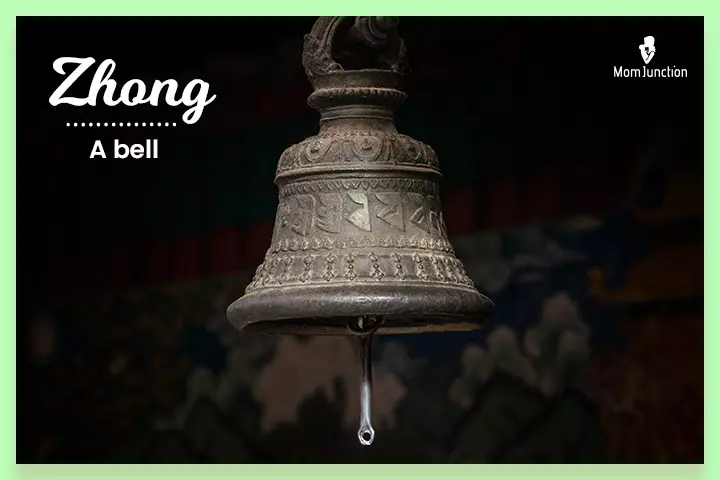
Image: IStock
A surname which means “bell,” Zhong, has its origin from “Zhongli,” an ancient Chinese state situated in the River Huai.
97. Zhou
The surname Zhou has a toponymic origin and derives its name from the Zhou Dynasty. Zhou also refers to “a week” or “circumference.”
98. Zhu
The surname Zhu has a toponymic origin, referring to “Zhu (Zhulou),” an ancient Chinese state during the reign of the Zhou Dynasty. Zhu also refers to “crimson.”
99. Zhuang
The surname may have an occupational origin referring to either a “banker.” The surname Zhuang also has its name derived from a word which could either mean “a farmstead,” or “a place of business.”
100. Zou
Here’s one of the most popular Z last names. Zou, of toponymic origin, is derived from “Zou,” an ancient Chinese state during the Zhou dynasty.
Discover More Names
When you have to choose a name for your baby, a few hundreds of names may not be just enough. Keep digging our mine of baby names until you find that one precious gem.
Frequently Asked Questions
1. Why are Chinese surnames written before given names?
Chinese surnames are written before given names mainly to respect their ancestors since it is the generational name that all members of a generation share.
2. How did Chinese surnames originate?
Chinese surnames originated from various sources, including the name of a person’s clan, tribe, Noble titles, official positions, profession, or place of birth.
3. Why do some Chinese surnames have two characters?
Some Chinese surnames have two characters because they may have been combined from two separate names or words, especially from the pre-Qin era. While the first surnames are used to represent the clan, the other part may show the tribe branch.
4. Why are some Chinese surnames based on geographical features?
Some Chinese surnames are based on geographical features because they reflect the clan’s place of origin or the place where their ancestors lived, such as on the mountain (Guan).
5. Why do some Chinese surnames have a noble or royal connotation?
Some Chinese surnames have a noble or royal connotation as their ancestors might have been members of the imperial family or high-ranking officials.
6. What are some of the most interesting Chinese surnames and their meanings?
Some interesting Chinese surnames and their meanings include Zhang (to open up), Li (plum), Wu (military), Huang (yellow), and Chen (to lay out).
7. How have Chinese surnames changed over time?
Surnames in China have evolved due to various factors, including changes in the profession or social position, to depict a new place of origin, or to honor an important ancestor.
8. What is the impact of Chinese surnames on other cultures?
Chinese surnames have influenced various cultures, especially in regions with historical ties to China, such as Taiwan, Hong Kong, and Southeast Asia, where Chinese communities have integrated their naming customs.
If you wish to explore Chinese surnames or last names, the list provided here will provide you with significant insight into various surnames. Most Chinese surnames have been lost or simplified during the rule of different dynasties over many centuries. However, it is interesting that many surnames have survived over the years and are being used even today, providing a glimpse into the rich history and culture of the region. Go through the list to know the various Chinese surnames and their interesting origin in history.
Infographic: Common Chinese Last Names
Knowing about a country’s last names is a great way to learn about that nation’s history. Here are some more things we think you would like to know about the country’s naming traditions. This infographic lets you know some interesting facts about Chinese surnames and five of the most popular surnames across the country. Illustration: Momjunction Design Team
Illustration: Most Common Chinese Surnames Or Last Names With Meanings
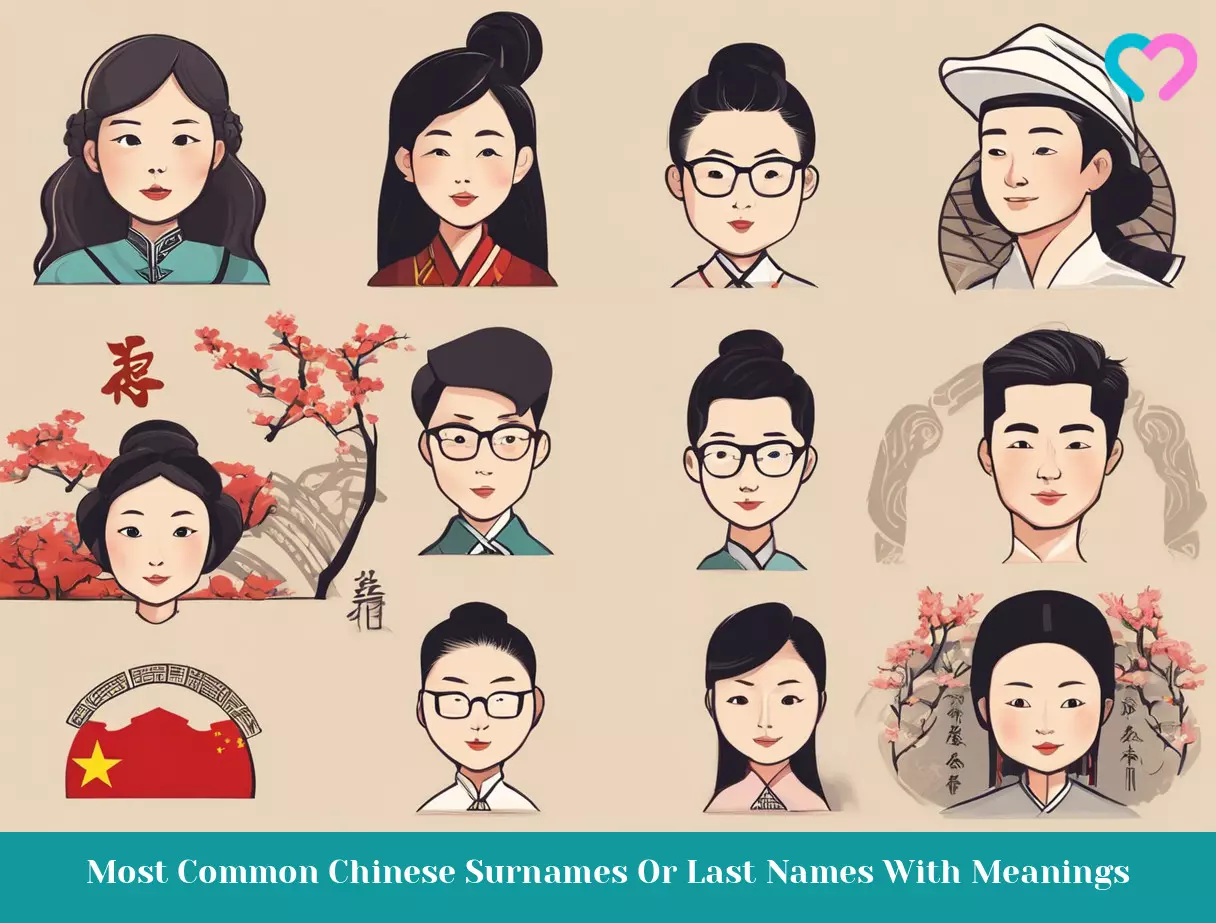
Image: Stable Diffusion/MomJunction Design Team
Explore the top ten Chinese surnames along with their origins and interesting facts associated with each. This video will fill you with many insights about last names in this culture.
References
Community Experiences
Join the conversation and become a part of our nurturing community! Share your stories, experiences, and insights to connect with fellow parents.
Read full bio of Madhurima Biswas
Read full bio of Shikha Thakur
Read full bio of Angela Alex


















